Setting priorities is important. It helps get things accomplished particularly when there are multiple tasks to do. It gives order to those tasks we want to accomplish. But setting priorities is also important when we need to be selective in the tasks or objectives we want to accomplish.
Prioritization includes an important dimension – finiteness. Everything we do or undertake operates under an umbrella of finiteness. There is finiteness of our budgeted funds, finiteness of time to accomplish the tasks, coordination with others and those limits, finiteness of resources, etc.
When we set priorities, we establish which tasks are most important and focus on them because we want to assure that those get done. Why? Because they are, by definition, priorities. Implicit in this is the recognition that we simply cannot do everything. This is true in our lives as well as public policy. However, in public policy, rarely are true priorities set. Political decisions avoid prioritization and attempt to do everything for everyone, particularly those yelling at political leaders.
Too often, in politics, decisions are made as responses versus thoughtfully solving problems informed by established priorities. suggested actions or solutions may or may not be getting at the cause of the problem. It may only be an action that appears to target a problem that seems to be being raised. Importantly, politicians are not good and telling constituents no.
Consider if you hold elected officials to the same standard you hold for yourself: accomplishing your set priorities. Or, do you feel if a politician has tried, even if they fail to accomplish things for their constituents, they deserve reelection?
I believe we should look at public policy decisions with priorities in mind and hold ourselves and elected officials accountable. Setting priorities, as voters and as a nation, is the best way to achieve what we want to accomplish.
Featured news
Ted’s Take: Errors in formulas and what it means for AI
Spinach is the best source of iron. I’ve understood this for decades now. As I ate more and more healthy foods, I’d choose spinach salads because of the “great” nutritional value, particularly iron.
Ted’s Take: An ounce of prevention
They stay an ounce of the prevention is worth a pound of cure. Isn’t it the truth.
How physicians are paid
Despite a growing need for general practitioners, the Medicare system is not helping with this shortage given the maldistribution of reimbursement between general medical providers and surgeons and other specialists.

Jayne Koskinas Ted Giovanis
Foundation for Health and Policy
PO Box 130
Highland, Maryland 20777
Media contact: 202.548.0133


